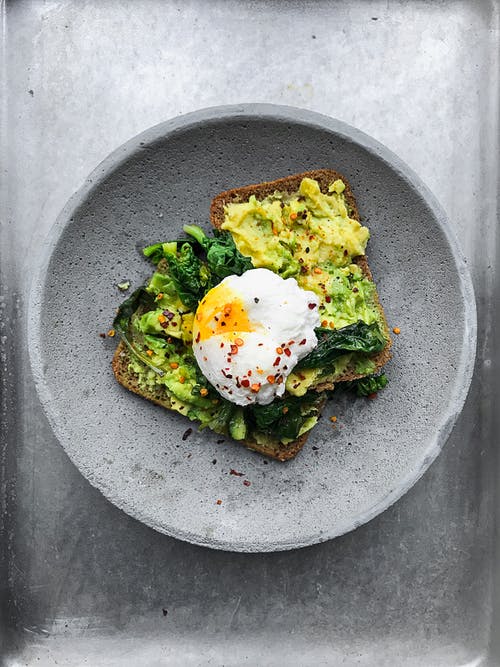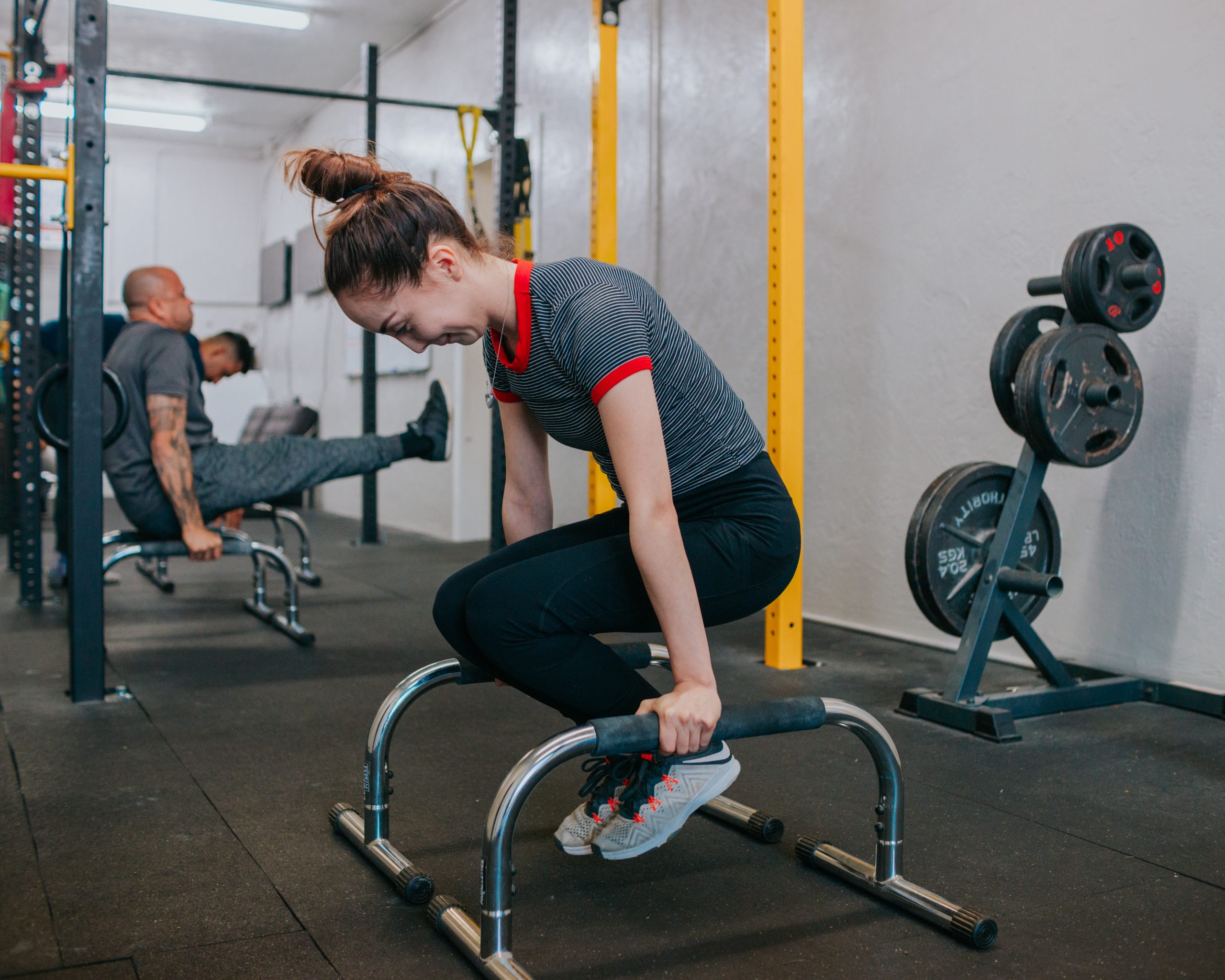All About the Food Part 1: Eating Healthy
Introduction
Oh, food—it’s always about the food!
Food is a complex topic, often surrounded by misinformation from the internet, outdated beliefs, and emotional attachments. While the conversation about food can be lengthy, in this series, we’ll focus on eating healthy, losing fat, and building muscle. In Part 1, we’ll keep it simple and focus solely on eating healthy.
The Problem with Diets
In the world of Google searches, social media advice, and endless opinions, the question of how to eat healthy, lose fat, and build muscle has spawned countless quick-fix diets. Unfortunately, these are rarely—if ever—sustainable.
As someone who has competed in 20+ physique competitions since 2003, I’ve experienced many diets firsthand. While they helped me prepare for competitions, none provided a sustainable solution for maintaining a healthy weight year-round without constant macro counting and rigid eating habits.
Finding the Solution
In the mid-2000s, I discovered Dr. John Berardi, founder of Precision Nutrition, and began devouring his articles and insights. His approach to nutrition, centered on building better eating habits, resonated with me. I became certified through Precision Nutrition’s extensive program and combined this knowledge with years of experience and research into bodybuilding diets and sports nutrition.
What I’ve learned has shaped my definition of healthy eating and has helped me create sustainable solutions for my clients.
What is Healthy Eating?
At its core, healthy eating involves choosing quality, minimally processed foods that support the body’s natural processes. These foods promote longevity, slow aging, aid in recovery, and help maintain balance (homeostasis).
Here’s a quick breakdown:
What NOT to Intake (DON’Ts):
- Fast food
- Added sugars
- Processed foods
- Alcohol
- Restaurant food (frequently)
What TO Intake (DOs):
- Organic or locally farmed vegetables, fruits, dairy, plant fats, and proteins
- Foods from ethical and humane sources (for those who value energetic aspect of food sourcing)
- Vegetables and fruits that are in season (also for the reason above, those who are aligned with natures energy)
- Fresh, whole foods that are as unprocessed as possible
- Water
How Food Should Make You Feel
Good food choices should make you feel physically good, provide energy, and have a positive impact on your health. The better your body feels, the better your mind will feel, too.
Start by asking yourself: “Will this food have a positive effect on my body?” This simple question can guide your food choices toward healthier options.
Key Takeaways
Eating healthy is about:
- Avoiding processed, fast, and sugary foods.
- Choosing fresh, seasonal, whole, and ethically sourced ingredients.
- Supporting your body’s natural processes for a healthier, more balanced life.
Need Help?
If you’re ready to make positive changes to your diet but aren’t sure where to start, I can help!
- Post a comment below OR
- Email me at info@fit-appeal.com.
Let’s work together to create a healthier, happier you!
Thank you for reading,
Coach Tanya



